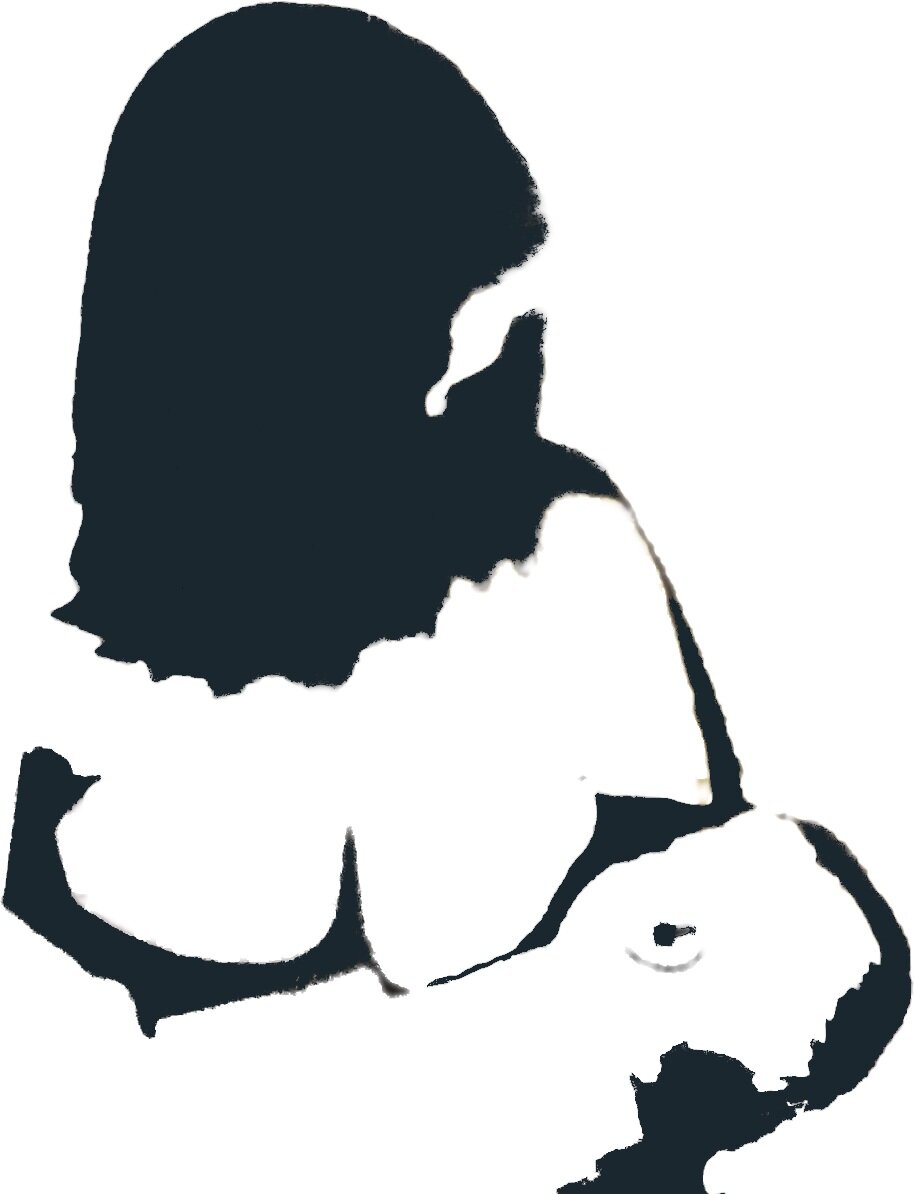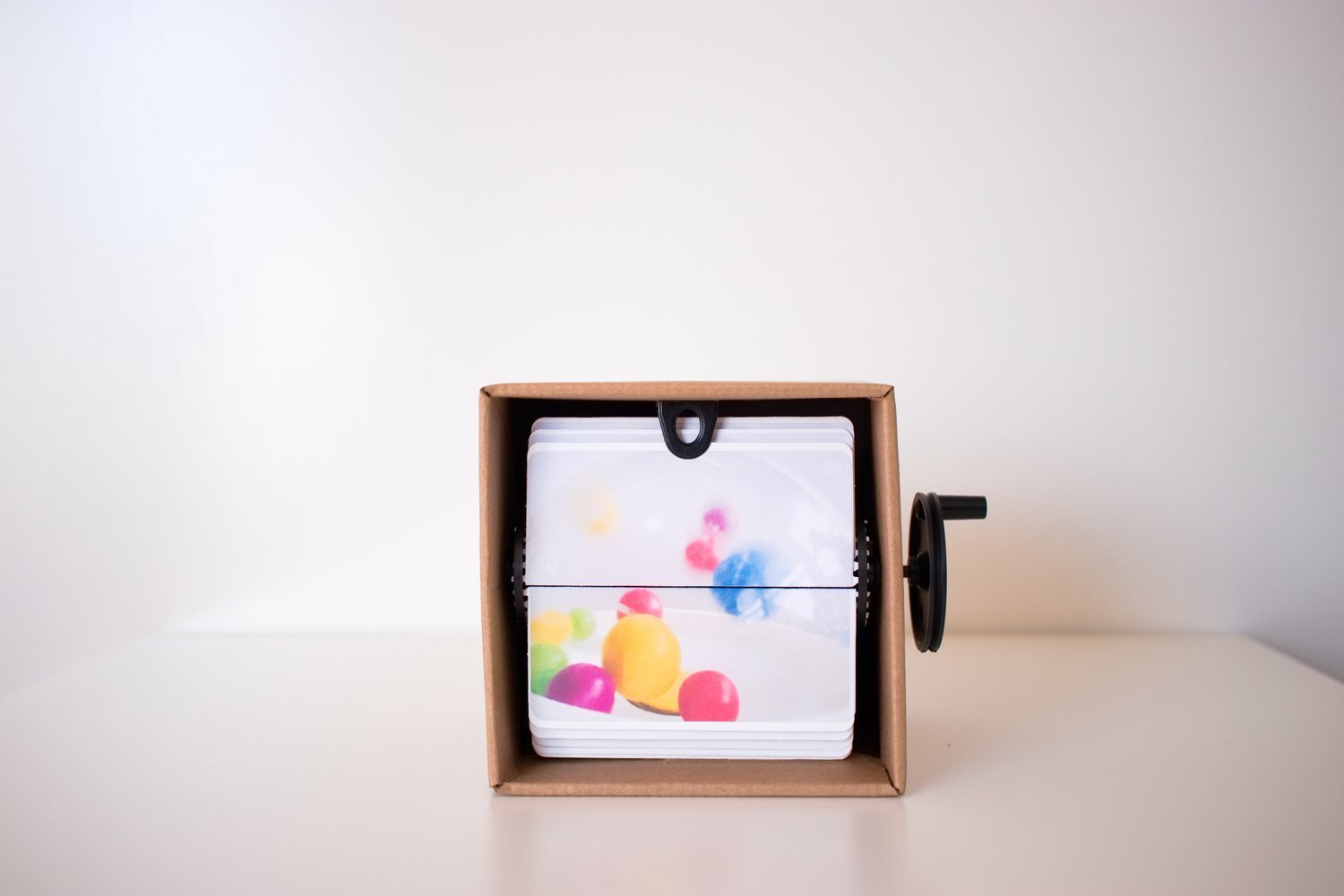2025/2026 Call for Art from Deaf Artists
〰️
2025/2026 Call for Art from Deaf Artists 〰️
DEAF & DISABILITY ARTS EXHIBITION
JANUARY 9 - FEBRUARY 20, 2026
Opening Reception JANUARY 9, 5-8 pm
ARTISTS IMAGE RESOURCE
518 Foreland St, Pittsburgh, PA 15212
Emily Cadegan
Lyss Cypher
Zo Geist
Fran Ledonio Flaherty
Daniel Gruner
Khaliah Guenther
Margo Harris
Mónica Ortiz-Menier
Honey Rosenbloom
Pepper Rueda
Soft Bound | Mack
Nihan Su
River White
the Woodlands Foundation
Anthropology of Motherhood’s Deaf and Disability Arts Exhibit marks a powerful milestone—ten years after We Art Here (2016), Pittsburgh’s first disability arts exhibition, curated by Anthropology of Motherhood founder Fran Flaherty and presented during the 25th anniversary of the ADA in partnership with the Three Rivers Arts Festival and the Kennedy Center’s LEAD conference. Building on that groundbreaking foundation, this new exhibition advances Anthropology of Motherhood’s commitment to cultivating disability arts in Pittsburgh by increasing awareness of disability justice and amplifying Deaf and disabled artists’ creative expressions. Featuring accessible programming, community dialogue, and innovative interdisciplinary work, the exhibit strengthens Pittsburgh’s growing role as a hub for disability arts. This event is generously supported by the Pittsburgh Foundation and the Opportunity Fund.







